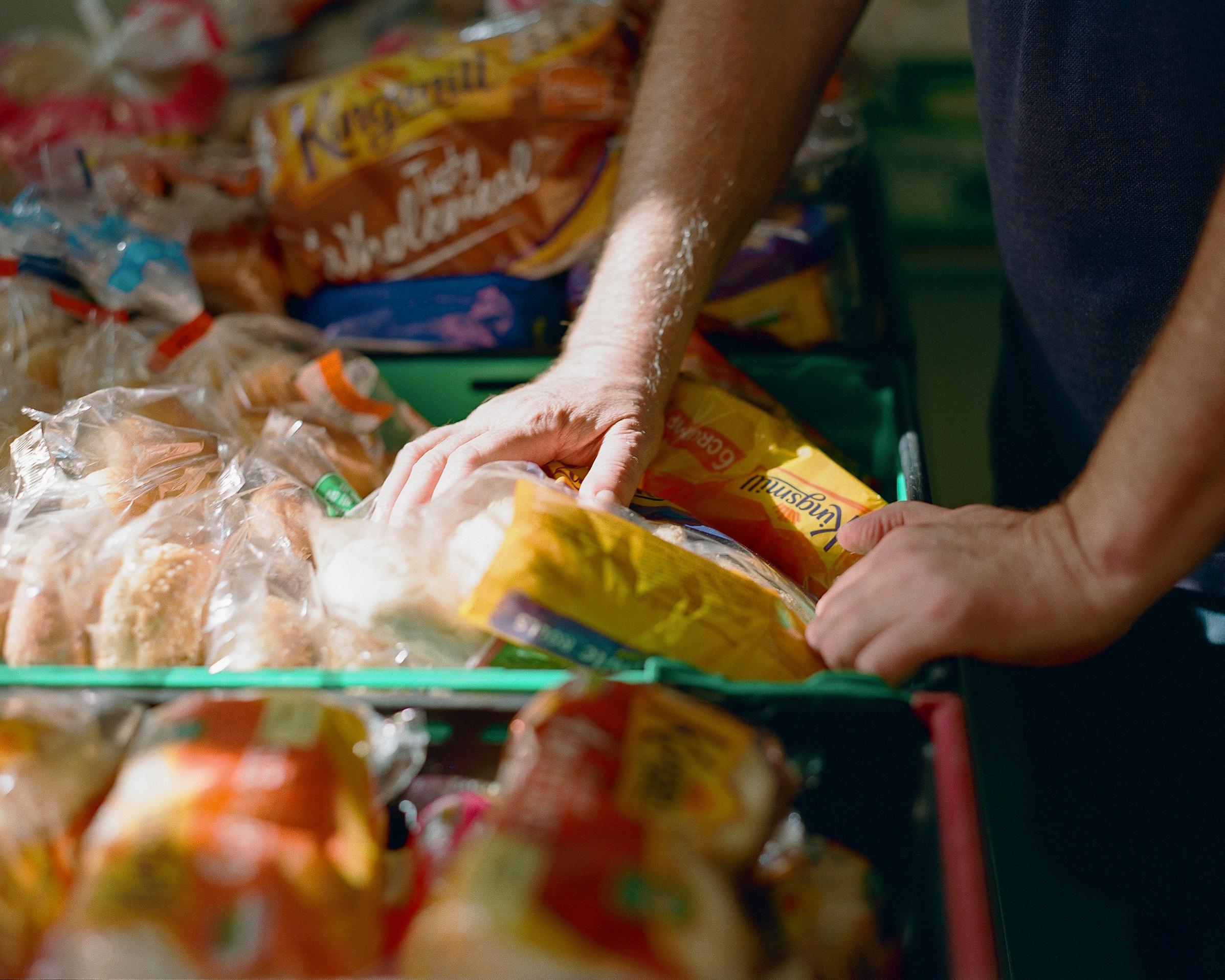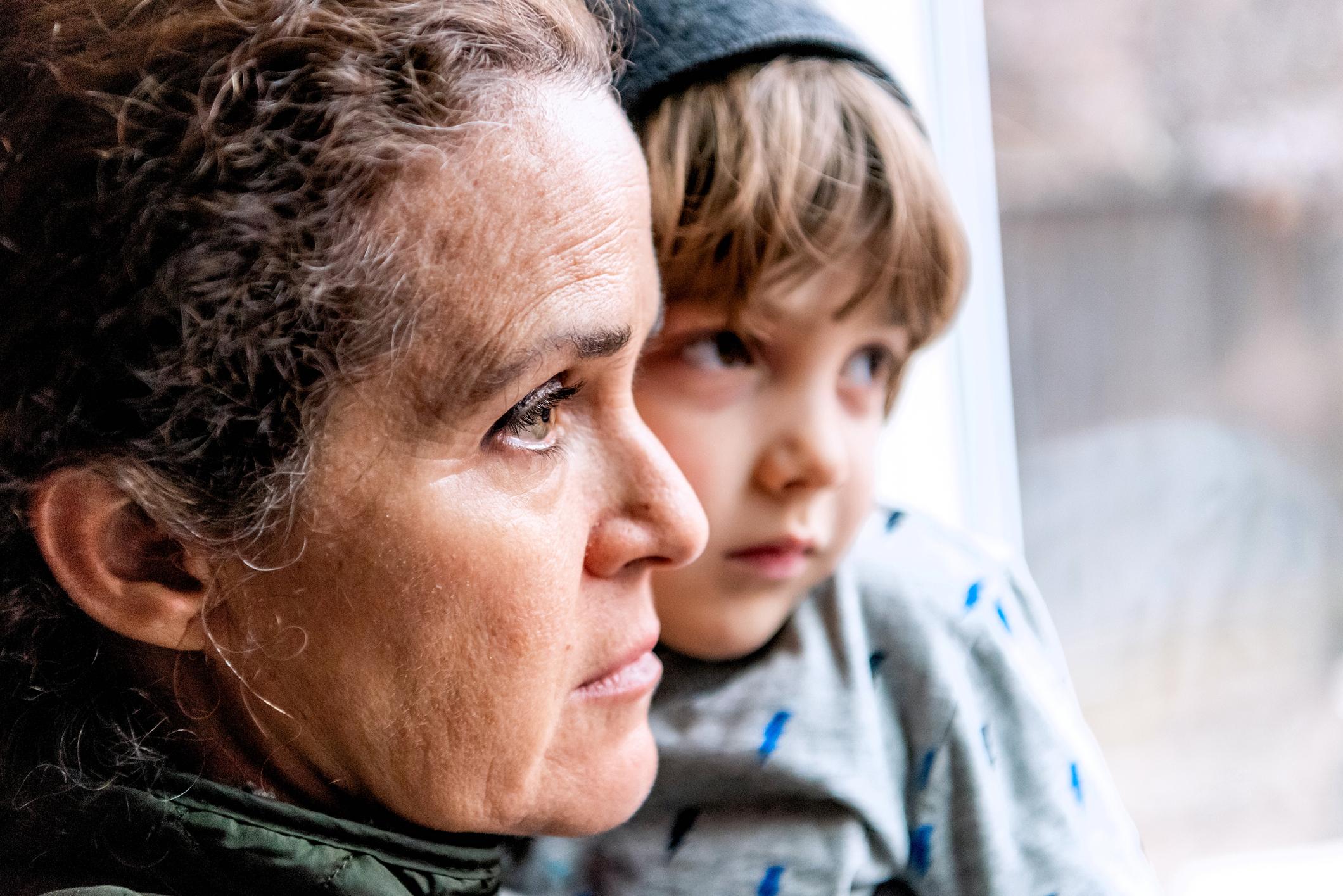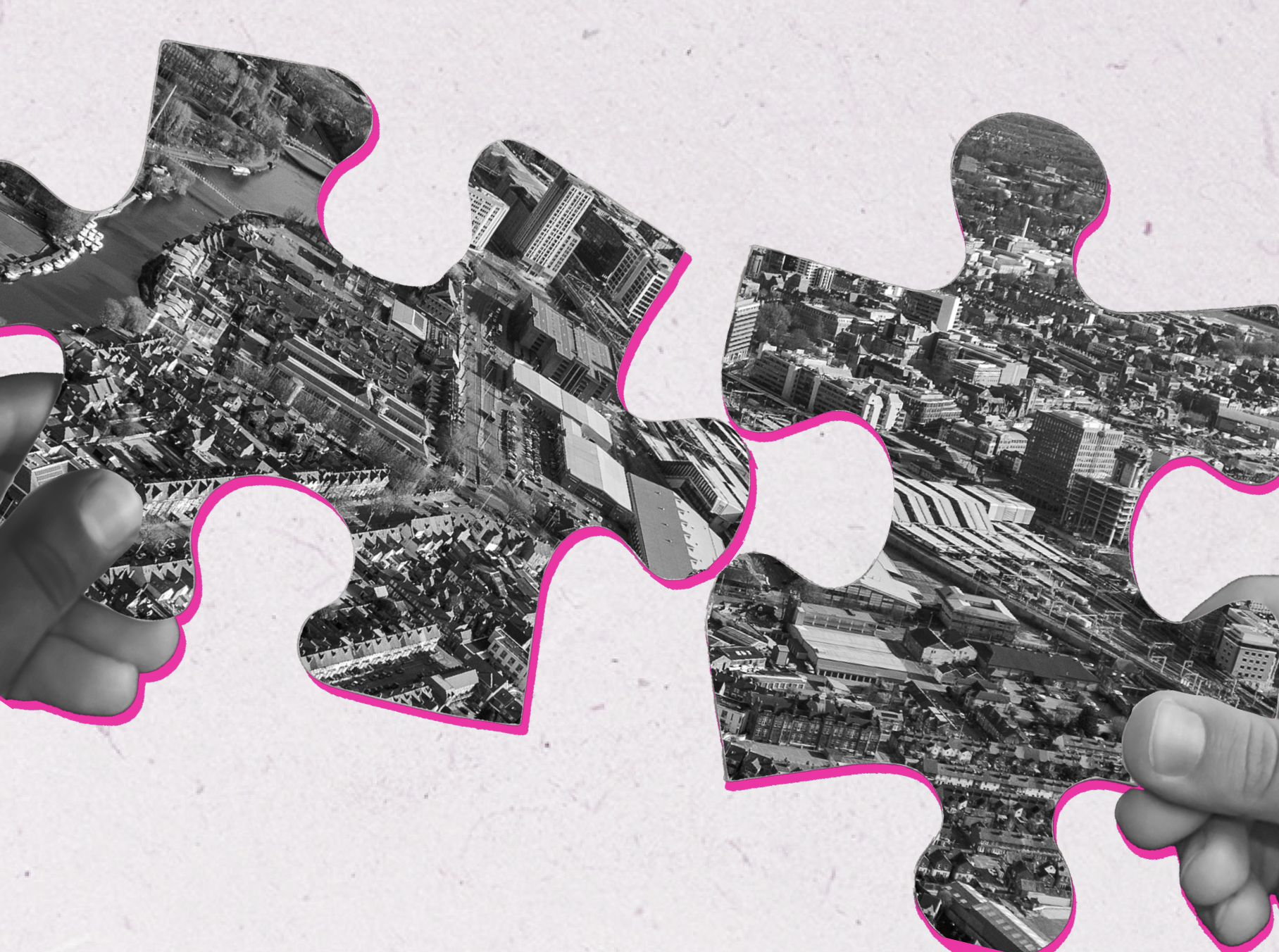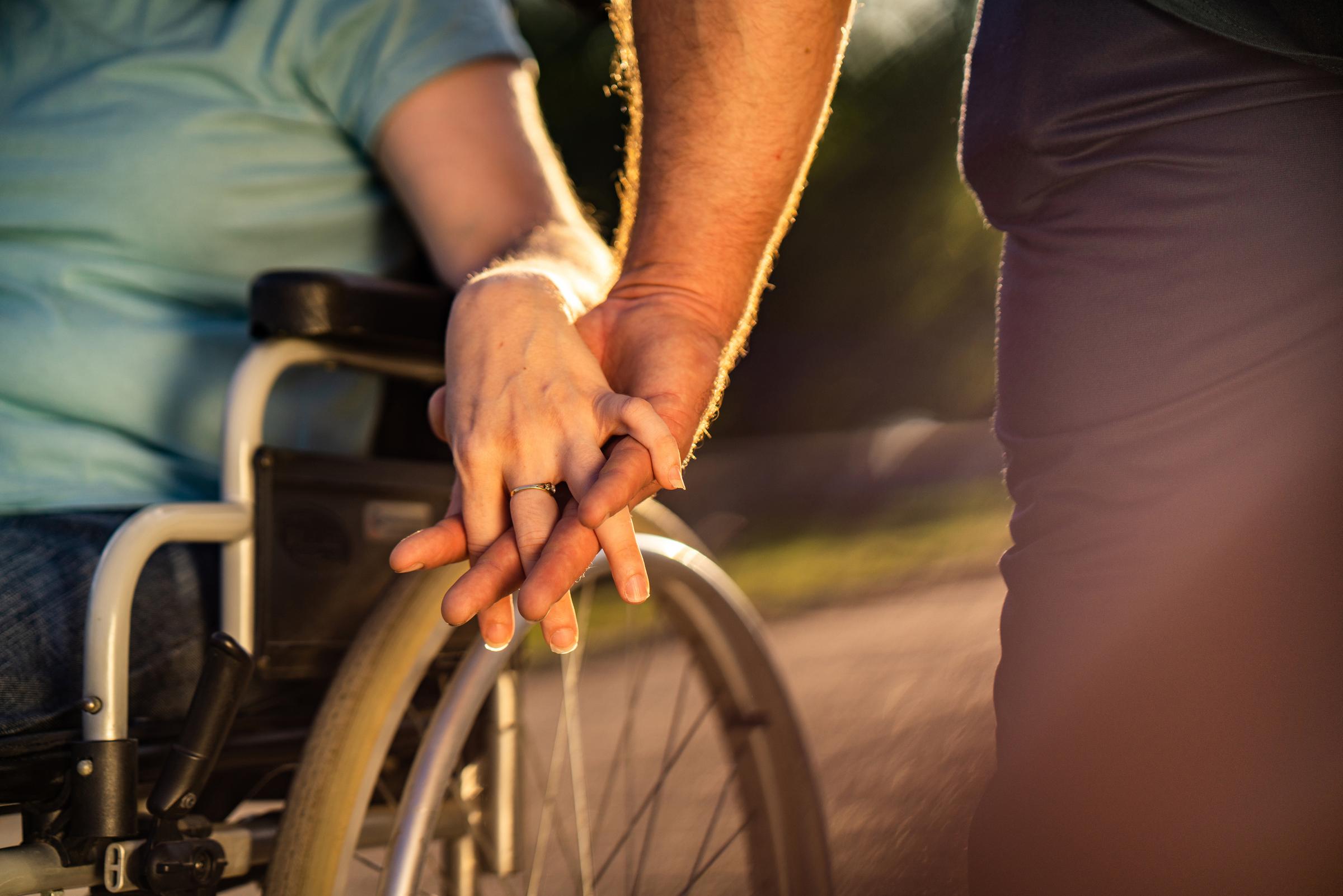Not enough food. Can’t heat the house. No bed. Can’t pay the rent. Can’t afford the bus fare to go into town. Can’t afford to have a friend over for tea. Living in fear of the washing machine or fridge breaking down. Unable to sleep because of the stress and worry. These experiences have become all too common in our country, as poverty has deepened.
Experiencing such hardship impacts people’s physical health, mental health and social connections. It also makes it harder for children to learn and thrive. These consequences increase the cost and demand on our public services and prevent people from realising their potential.















